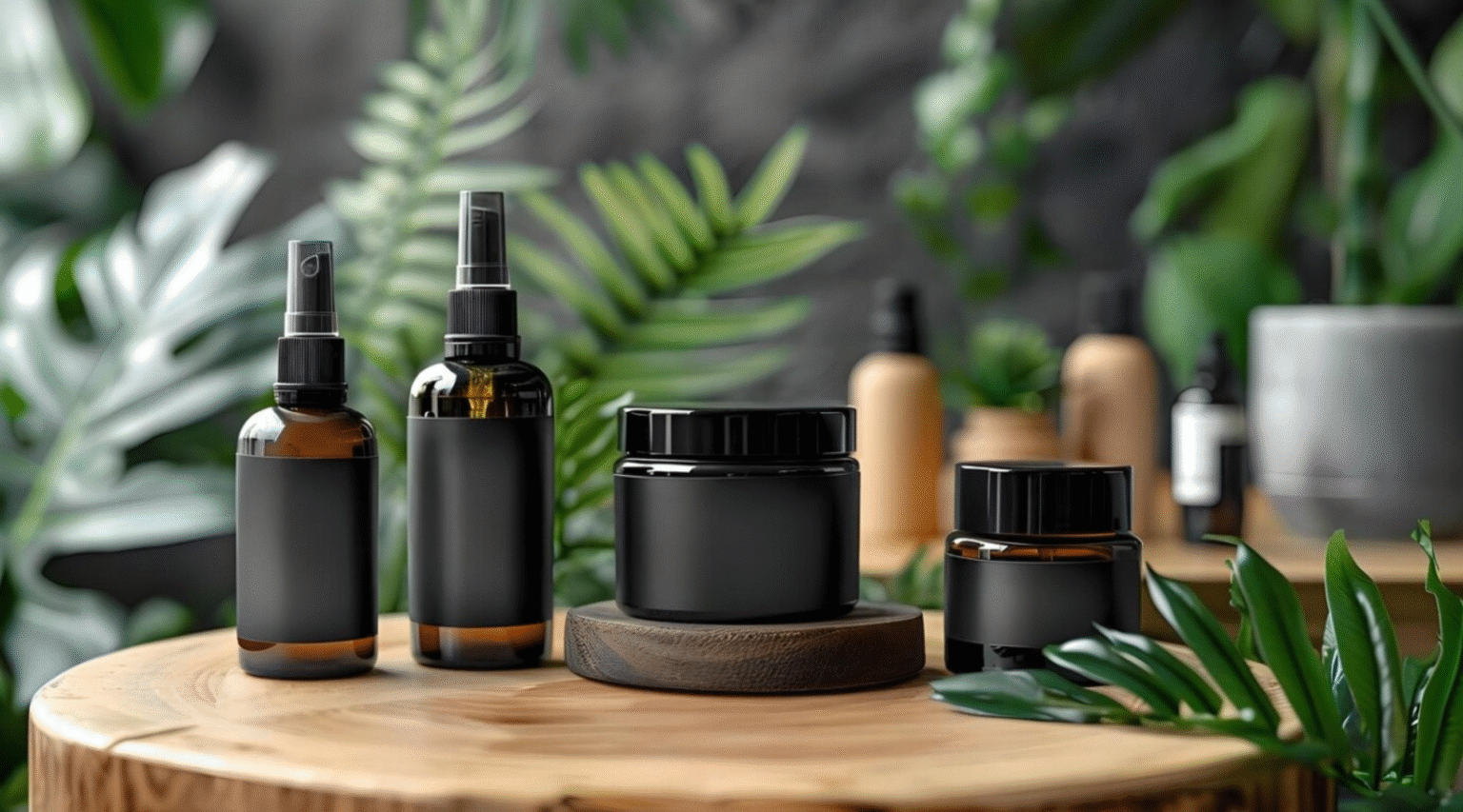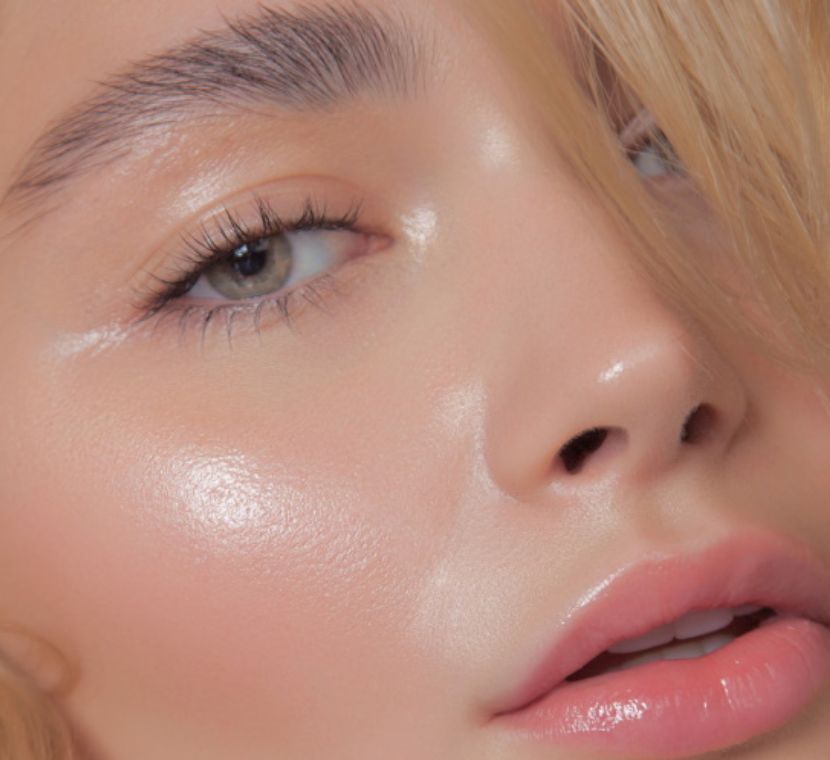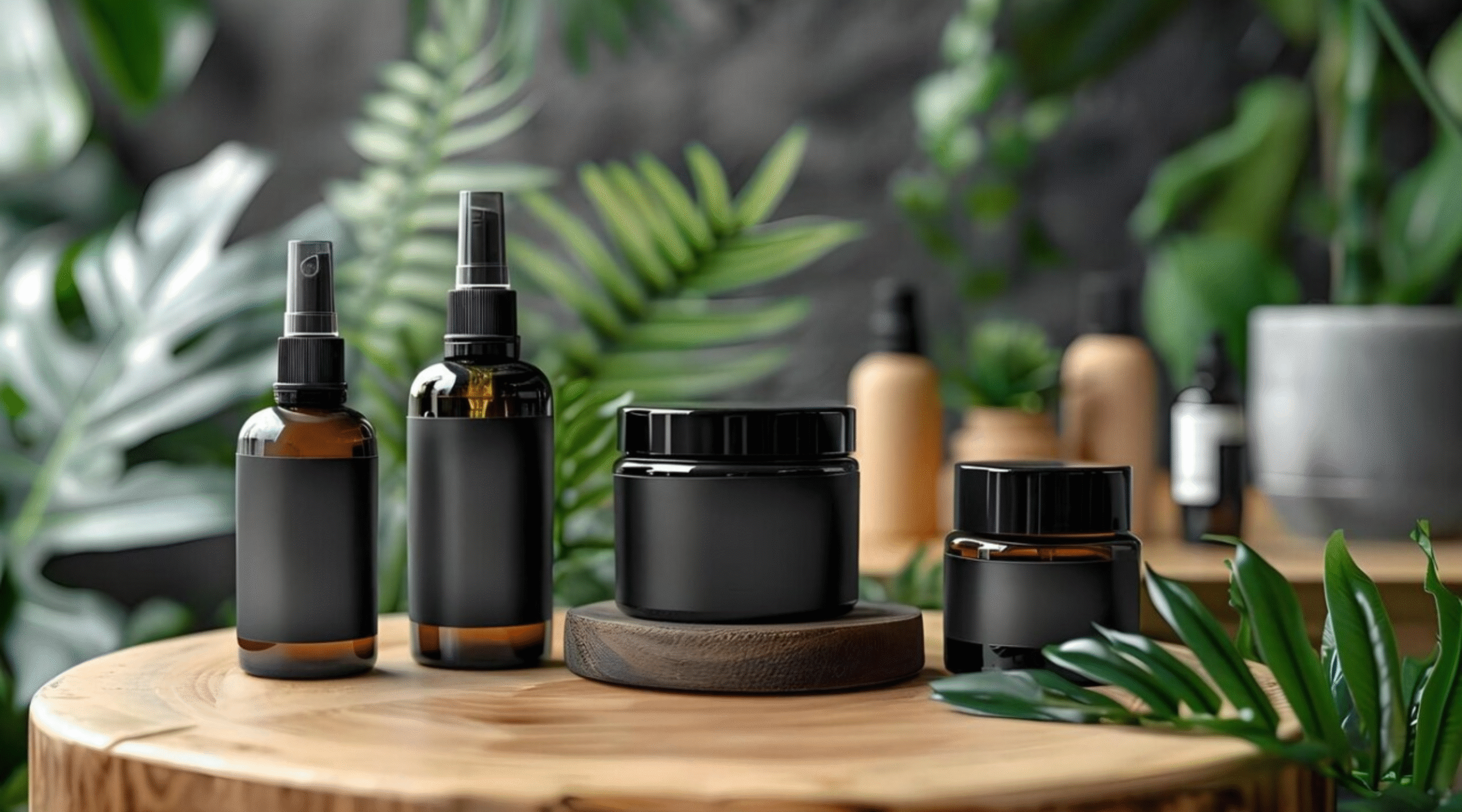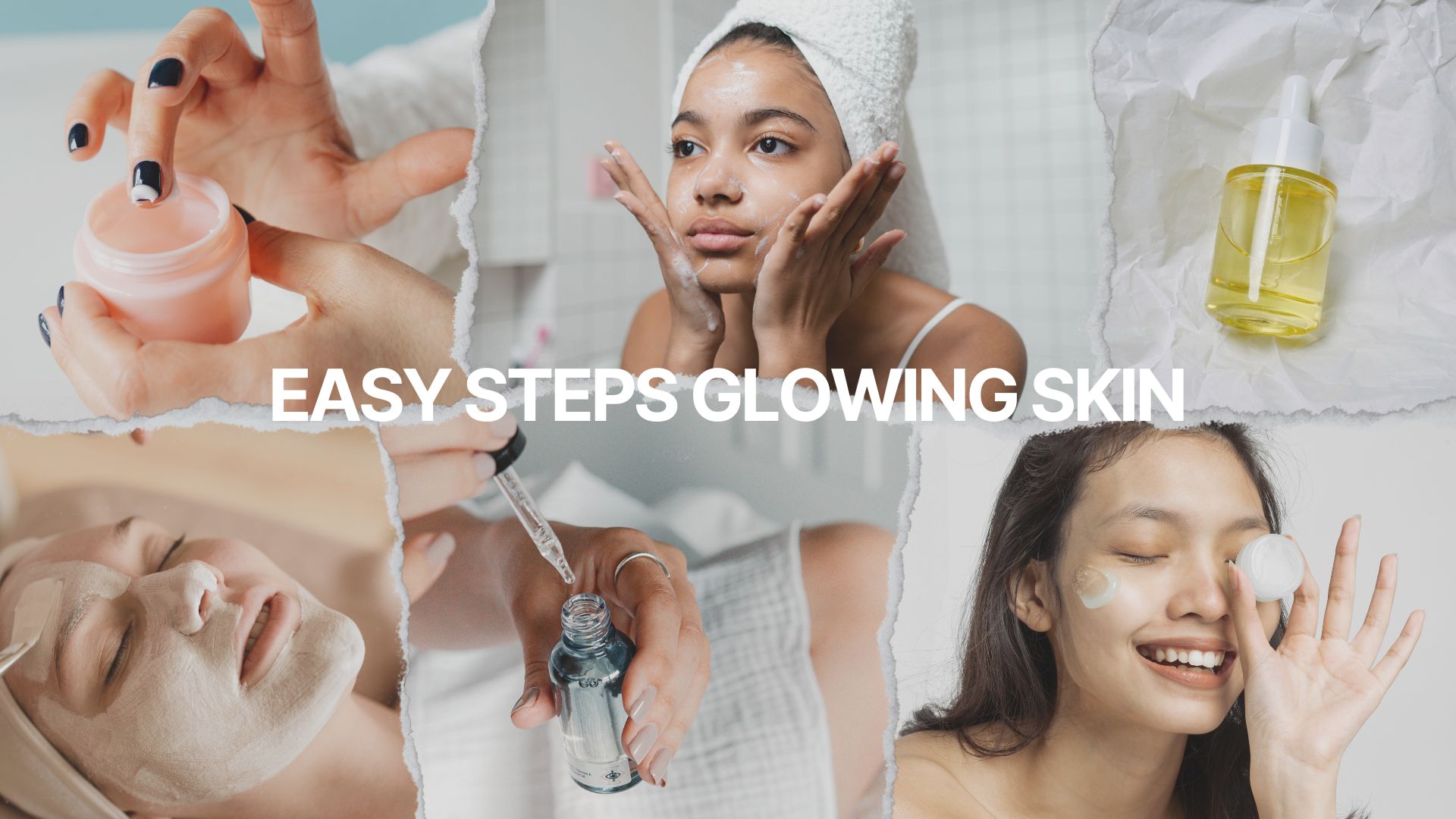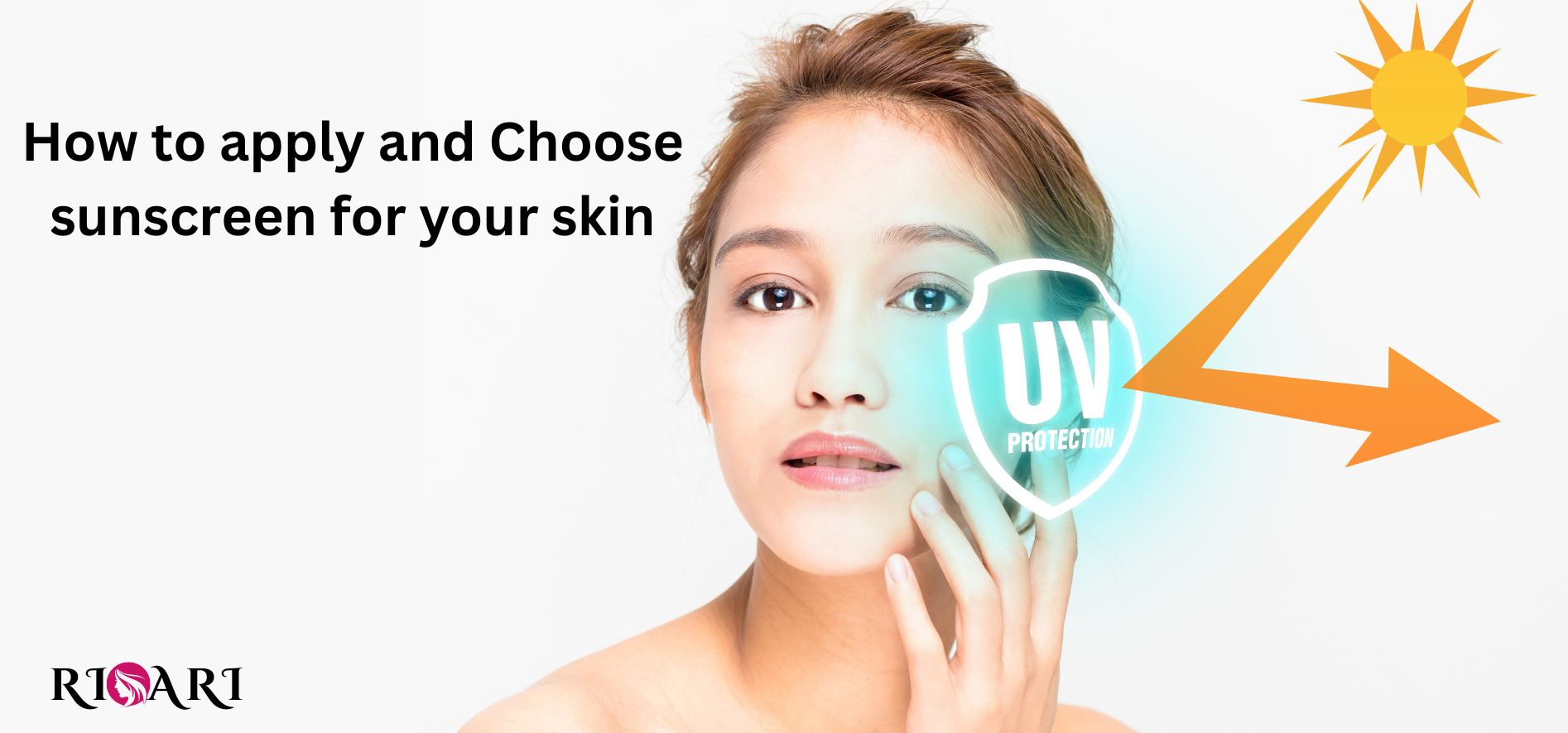Clean Beauty Routine 2024: Non-Toxic, Eco-Friendly Skincare Guide
Introduction
The beauty industry is evolving, with more people embracing clean, non-toxic, and eco-friendly skincare. In 2024, clean beauty isn’t just a trend—it’s a movement toward safer, sustainable self-care.
This guide covers:
— What clean beauty really means
— Harmful ingredients to avoid
— Best non-toxic skincare products
— Eco-friendly habits for sustainable beauty
— Science-backed benefits of clean skincare
Let’s dive in! ❤️🔥
What is clean beauty?
Clean beauty refers to skincare, makeup, and personal care products formulated without harmful or questionable ingredients. These products prioritize safety, transparency, and sustainability, avoiding toxins like parabens, sulfates, phthalates, and synthetic fragrances. Instead, they rely on natural, organic, or scientifically proven non-toxic alternatives.
Beyond ingredients, clean beauty also emphasizes
– Ethical sourcing (fair trade, cruelty-free)
– Eco-friendly packaging (recyclable, refillable, or biodegradable)
– Transparent labeling (no “greenwashing”)
The goal is to promote healthier skin and a healthier planet while rejecting ingredients linked to irritation, hormone disruption, or environmental harm. Clean beauty isn’t just about what’s “absent” (toxins)—it’s about what’s “present”: effective, conscious formulations that align with wellness and sustainability.
Clean beauty refers to products made without:
– Toxic chemicals (parabens, sulfates, phthalates)
– Synthetic fragrances
– Harmful preservatives
– Animal testing
Why Switch to a Clean Beauty Routine?
Health Benefits
– Reduces exposure to hormone disruptors (like parabens) ([Darbre et al., 2004](https://pubmed.ncbi.nlm.nih.gov/15154874/))
– Lowers risk of skin irritation & allergies
Environmental Impact
– Fewer microplastics polluting oceans
– Biodegradable formulas reduce chemical runoff.
Ethical Reasons
– Cruelty-free & vegan options
– Supports fair-trade & sustainable brands
Key Ingredients to Avoid
| **Ingredient** | **Why Avoid?** | **Found In** |
|————–|————–|————-|
| **Parabens** | Endocrine disruptors | Moisturizers, makeup |
| **Sulfates (SLS/SLES)** | Harsh, strips natural oils | Cleansers, shampoos |
| **Phthalates** | Linked to reproductive harm | Nail polish, fragrances |
| **Formaldehyde** | Carcinogenic | Hair straightening treatments |
| **Synthetic Fragrance** | Irritates skin, undisclosed chemicals | Perfumes, lotions |
Best Non-Toxic Skincare Products for 2024
Cleanser
– Biossance Squalane + Amino Aloe Cleanser (EWG-certified)
– Cocokind Oil-to-Milk Cleanser (plastic-free packaging)
Moisturizer
– Drunk Elephant Lala Retro Whipped Cream (fragrance-free)
– Farmacy Honey Halo (vegan & cruelty-free)
Sunscreen
– Supergoop! Unseen Sunscreen (Clean Formula)
– ThinkSport SPF 50+ (reef-safe)
Serum
– The Ordinary Hyaluronic Acid (minimalist, non-toxic)
– Herbivore Bakuchiol Serum (retinol alternative)
Eco-Friendly Skincare Habits
✔ Use reusable cotton rounds
✔ Choose refillable packaging
✔ DIY skincare
✔ Support zero-waste brands
✔ Recycle empties.
Scientific Research on Clean Beauty
– Parabens & Breast Cancer Risk (Darbre et al., 2004)
– Phthalates & Hormonal Disruption (Swan et al., 2005)
– Benefits of Organic Skincare (Draelos, 2010)
– Microplastics in Cosmetics & Ocean Pollution (UNEP, 2015)
– Natural Ingredients for Acne & Aging (Fowler et al., 2010)
How to Transition to a Clean Beauty Routine
– Check labels (avoid the “Dirty Dozen” chemicals).
– Replace one product at a time (start with moisturizer or cleanser).
– Patch-test new products to avoid reactions.
– Follow sustainable disposal for old products.
FAQs About Clean Beauty
Q. Is clean beauty more expensive?
Not always! Brands like The Ordinary & Cocokind offer affordable options.
Q. Do clean beauty products work as well?
Yes! Many plant-based ingredients (like bakuchiol) are scientifically proven.
Q. How can I tell if a product is truly clean?
Look for EWG Verified, COSMOS Organic, or Leaping Bunny certifications.
Q. Can clean beauty help with acne?
Absolutely! Non-comedogenic oils (like jojoba) balance skin naturally.
Q. Are “natural” and “clean” the same?
No—”natural” isn’t regulated. “Clean” means verified non-toxic.
Conclusion
Switching to a clean beauty routine in 2024 means
- Healthier skin (free from toxins)
- Eco-conscious choices (less plastic waste)
- Ethical consumption (supporting sustainable brands)
Start small, read labels, and enjoy glowing, guilt-free skin! 🌿✨
